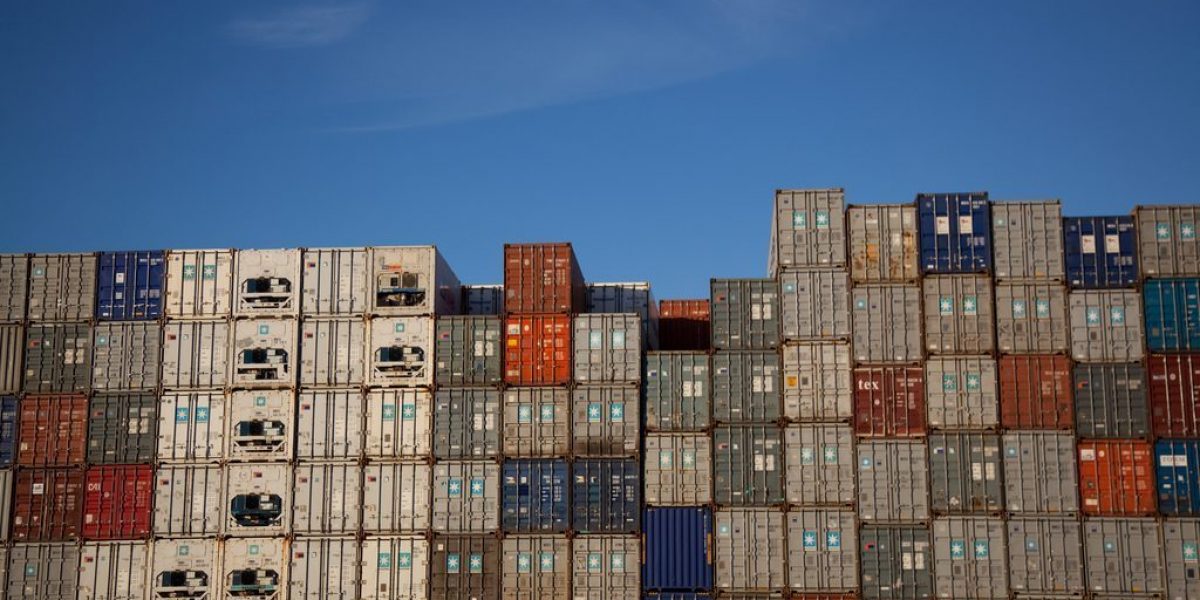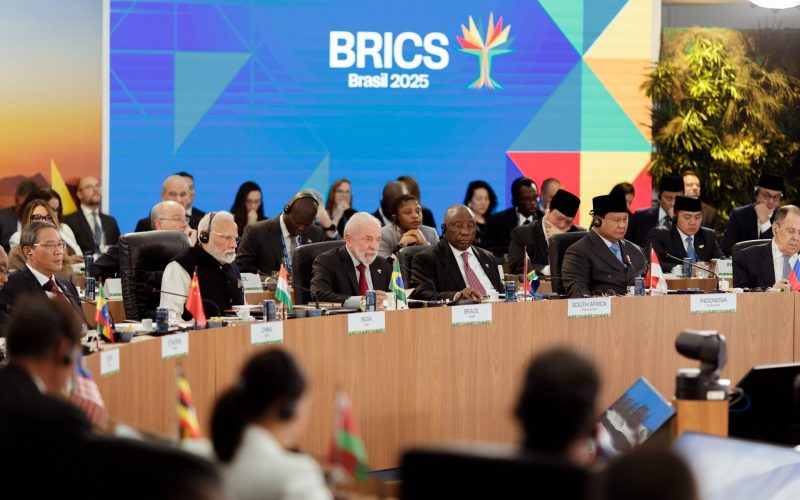Venue: The Sunnyside Park Hotel
The debate around the future direction of economic policy in South Africa continues and the focus is currently on the New Growth Path that was unveiled by the Minister of Economic Development, Ebrahim Patel, late last year. Building up on the events that we have hosted in previous years to discuss South Africa’s trade policy, this retreat aims to contribute to the current economic debate through the discussion of topical issues that impact on the trading environment globally, in the region and at a domestic level. The Trade Policy Reform Retreat will focus on:
- Scenarios for the global trade policy environment: including the impact of an outcome in the WTO Doha Development Round. What is the likely direction of shifts in 2011 and what will be the implications for South Africa?
- Services trade liberalisation: international focus from India; regional focus on services sectors in Southern Africa and recent negotiations of new regimes as well as a domestic focus on the impact of services liberalisation in South Africa, including on employment.
- Growing South African exports: what policy measures could be taken to assist exporters, especially small and medium enterprises, and is there a role for trade zones in this debate?
Participants are also invited to attend the launch of a new web-based tool for the media on trade policy issues at 17h30 on Tuesday 22nd of March 2011. This will be followed by a dinner. A detailed programme will be sent to participants shortly.
Download the Report on the Dialogue on Trade Policy Reform Report (23 March 2011):
Download – English[.pdf]
Programme
08H30-09h00: Registration
09H00-09H15: Welcome
Catherine Grant-Makokera, SAIIA Programme Head Economic Diplomacy
Opening remarks
Neil Bradley, British High Commission
09H15-10H15: Keynote address
Enoch Godongwana, Deputy Minister, Department of Economic Development
Question and answers
10H15-10H45: Tea
10H45-12H30: Panel 1 – WTO Scenarios for 2011
The purpose of this panel is to provide a stock-take of the key aspects of the Doha Development Round and its impact on South Africa. The panel will focus specifically on the NAMA negotiations, agriculture as well as services and discuss South Africa’s position on these issues and how these issues are likely to pan out in the event of a resolution of the Doha impasse. The panel will also consider how, looking forward, South Africa should respond to these likely outcomes.
Moderator: Nic Dawes, Mail and Guardian
Speaker: Peter Draper, South African Institute of International Affairs
Discussants: Brendan Vickers, Department of Trade and Industry
Joshua Setipa, World Trade Organisation
12h30-13h30: Lunch
13H30-15H00: Panel 2: Trade in Services
Building up on the ‘growth’ focus of the NGP, and the main objective of employment creation, this panel will discuss the issue of services trade and its impact on employment creation. The services thrust is also bearing in mind the Economic Partnership (EPA) negotiations, where services liberalisation has remained a thorny issue and, also in view of the fact that SADC negotiations on services are likely to be gaining momentum soon. The panel will also consider the international experience from an emerging economy and explore lesson for South Africa.
Moderator: Mills Soko, Graduate School of Business, UCT
Panellists: Wamkele Mene, South African Delegation to WTO
Pralok Gupta, Indian Institute of Management
Matthew Stern, Development Network Africa
Niki Cattaneo, Rhodes University
Mpheane Lepaku, COSATU
15H00-15H30: Tea
15h30-17h00: Panel 3: The role of trade zones in growing South African exports
This panel will focus on two issues. First, it will address the role of Special Economic Zones (SEZ) in expanding South Africa’s export base. South Africa has the East London Industrial Development Zone (IDZ) experience to draw from and the IDZ should ideally contribute to the New Growth Path growth strategy of objective of strategic investments in specific sectors. The question is how to create sustainable growth hubs out of these SEZs? In answer, the panel will, secondly, explore policy measures that can be used to boost the export growth and in particular assist exporters from small and medium enterprises, (i) take advantage of SEZs and (ii) produce globally competitive exports.
Moderator: Mike Spicer, Business Leadership South Africa
Panellists: Neil Rankin, University of the Witwatersrand
Andre Erasmus, Deloitte’s
Zunaid Pochee, Walvis Bay Corridor Group
Tony Ehrenreich, Congress of South African Trade Unions (TBC)
17H00: Summary and Closing Remarks
Catherine Grant-Makokera, SAIIA
Informal Cocktail Reception








